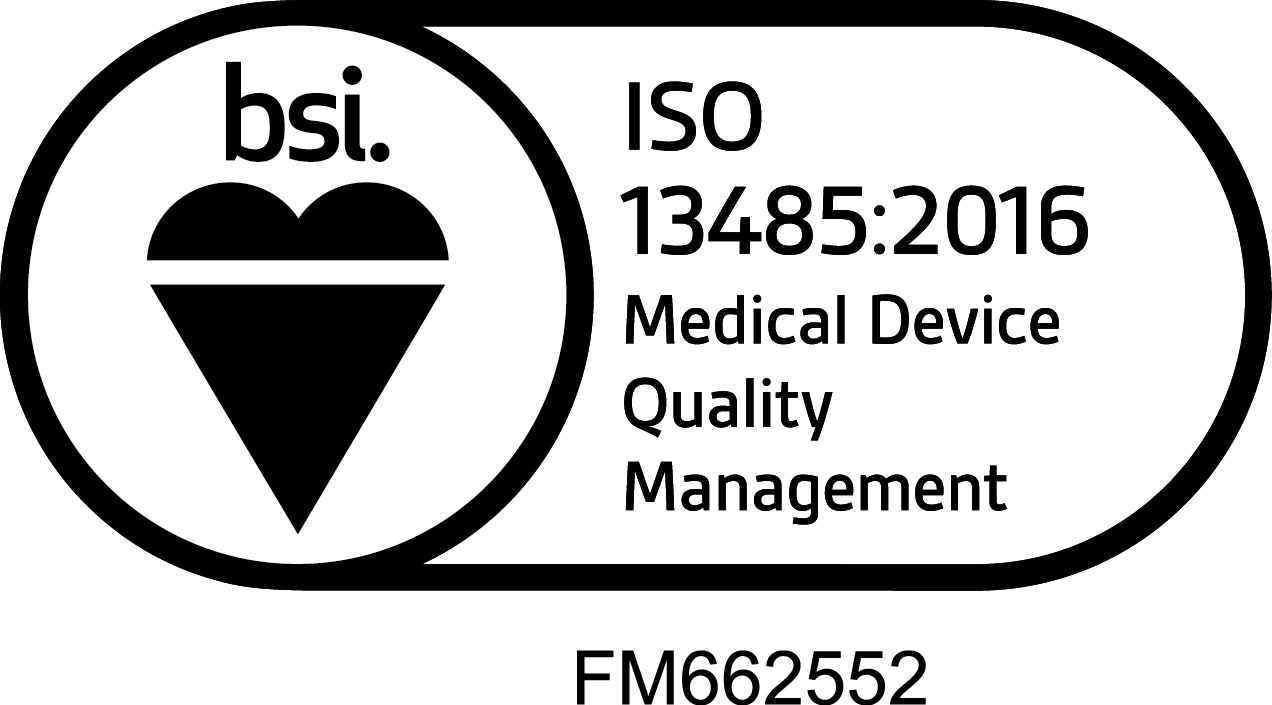Automation improves three things customers value most: Quality, delivery and cost
When our vice president of automation and technology, Jim Stertz, saw the alert that one of Lowell’s machines had stopped production, he took a closer look. After a quick diagnosis, he restarted the machine and brought production back online.
This wouldn’t have been possible a few years ago had Lowell not invested in automating its machine tools. For this alert, Jim was in London, and the machine acting up was in our Minnesota facility.
Thanks to advanced controls and technology accessible via mobile devices, automation has made a big difference in our approach to production. We have better access to problem solve in real time, and our customers benefit from improved quality, delivery and cost.
Automating machine tools for quality and consistency
Lowell’s first experience with automation was more than a decade ago when we improved our coordinate measuring machine (CMM) inspection process. Over the years, we realized automation could further enhance inspection quality if we applied it to our machine tools, especially those used for high-volume orders.
Automation allows a more efficient process that’s designed for consistency in production. It can automatically determine if the process creates parts that meet requirements or if an adjustment is needed, rather than relying on manual tests or intervention. This allows our team to work on a variety of projects throughout the day, and specifically focus on the most pressing or complex machining solutions for our customers.
Today, six of our 60 CNC machines are automated. The systems use Renishaw machine probes, Nest cameras, an alarm system and a human-machine interface (HMI) to keep us informed throughout production.
The machine probes are programmed to measure cuts and dimensions during production, and send the results to machine control. The control system analyzes the measurements and determines how they fit into one of three categories.
- Category 1: The measurement conforms to requirements, and production continues as is.
- Category 2: The measurement begins to drift and will not conform unless action is taken. Machine control makes an adjustment to the tool offset as production continues.
- Category 3: Something is wrong with the process, such as a tool breaking. Production stops so a machinist can fix the issue.
This process ensures we’re manufacturing consistent parts. More consistent results during production give us a higher degree of confidence that parts conform to design and aren’t drifting close to limits.
In the future, as our system continues to evolve and expand, this consistency will lead to additional time savings during final inspection. Because our confidence is high that all parts conform, we may be able to limit final inspection to only critical or special features instead of all aspects of a component or device.
Accelerating delivery time and reducing production costs through automation
Our ability to extend production limits is one major benefit that automating machine tools offers our customers.
Before automation, our machines were running 110 or 120 hours per week, or about 16 to 17 hours per day.
With automation, we can run 150 to 168 hours per week, or up to 24 hours per day. By adding four to eight hours of production time per machine per day, we increase the amount of product we can manufacture. Because we can forecast production times, this additional capacity can improve delivery of devices to our customers.
We’re also able to decrease the amount of manual labor per part, which positively impacts the cost per unit.
Each machinist can do more with their time through automation. Rather than have one person assigned to each machine, one machinist can maintain and monitor up to three automated machines and dedicate their time to programming. In some cases, it’s decreased the labor time to machine components by up to 80 percent for our customers.
Automation has improved Lowell’s ability to create more consistent products on time and on budget for our customers. To learn more about how automation could help you produce high-quality products more efficiently, contact us at (763) 425-3355 or requestinfo@lowellinc.com.

 13485:2016 Registered
13485:2016 Registered